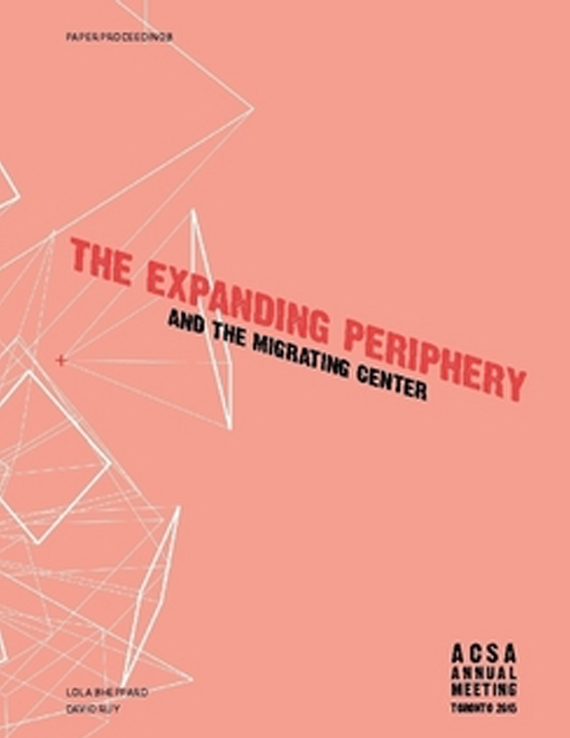Author(s): Adam White, Daniel Orwa, Jacqueline Klopp, Peter Waiganjo & Sarah Williams
This unprecedented growth of data has generated excitement for using it to reshape the way we live. However big data in its raw form cannot perform on its own; it is how data is collected, transformed, and operationalized that can change the way we see the world. Digital Matatus set out to determine if the geo-locative tracking mechanisms of mobile technology could be leveraged to collect and visualize information on informal systems, so that it could be used to develop plans for an essential infrastructure. The approach was applied to Nairobi, Kenya, a growing technology hub with ubiquitous use of cellphones. Since the first data release in September, 2013 two mobile routing applications, MA3ROUTE and SONAR, have been developed using the data. A paper map of the system was also released in January 2014, which helped to achieve government support of the project because it allowed Nairobi’s residents and the government to visualize, for the first time, the comprehensive system that serves their city. Ultimately collecting data and putting it in the hands of the citizens helped change the dynamics of transport decisions in Nairobi. The implications of this project will go beyond Kenya as many developing cities have these types of semi-formal bus systems. Digital Matatus sets an example for how using mobile technologies can allow anyone to record information where formal institutions are not, and through the process understand an interpret data on a personal level, and ultimately generate a dialog about the development of an essential infrastructure.
Volume Editors
David Ruy & Lola Sheppard
ISBN
978-0-935502-95-4

 Study Architecture
Study Architecture  ProPEL
ProPEL 
